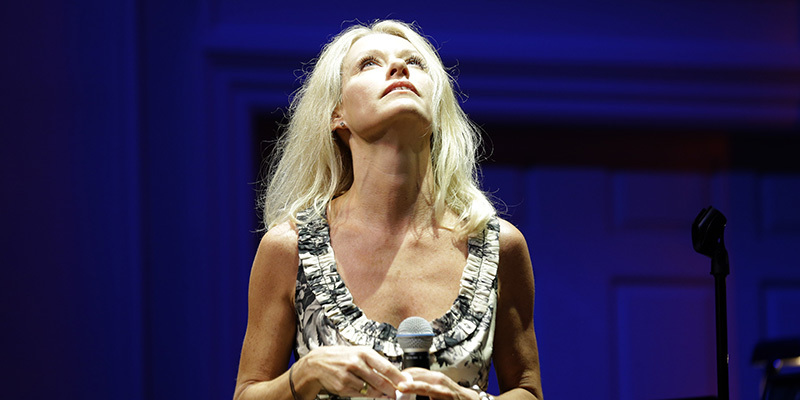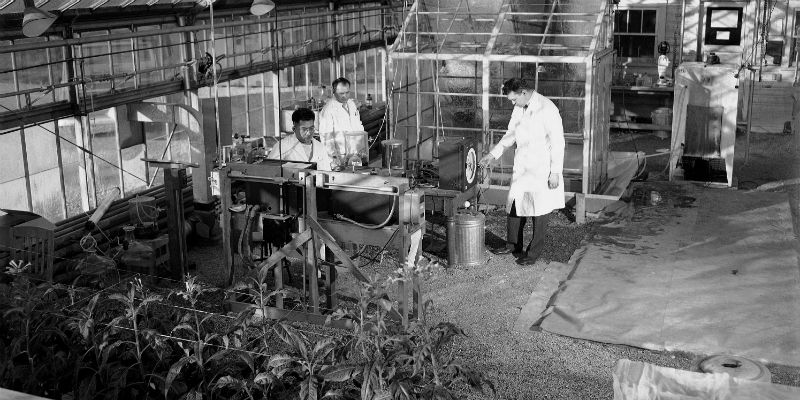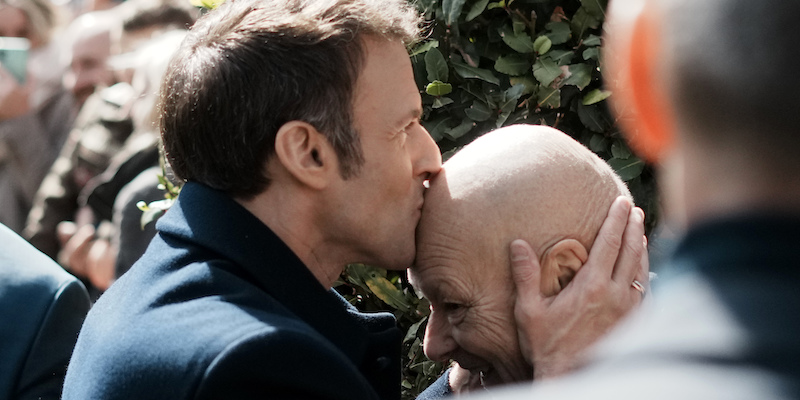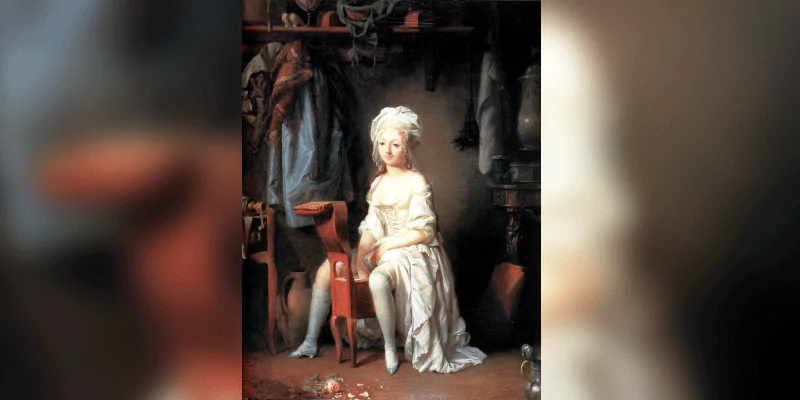Un’altra canzone di Shelby Lynne
Triste ma con una sua lucida solidità della tristezza

Le Canzoni è la newsletter quotidiana che ricevono gli abbonati del Post, scritta e confezionata da Luca Sofri (peraltro direttore del Post): e che parla, imprevedibilmente, di canzoni. Una per ogni sera, ci si iscrive qui.
Il passaggio di cui dicevo ieri nel documentario di Scorsese su Fran Lebowitz, che è su Netflix è quello qui sotto, che incollo da una pagina di Facebook dove l’ho trovato trascritto. Lei dice due distinte cose che hanno molto a che fare con questa newsletter. Una è che non c’è niente come la musica che renda felici le persone: sta in un altro campionato rispetto a qualunque altra espressione artistica o prodotto culturale. Una volta devo avere scritto da qualche parte che ci sono solo tre cose che generano così estesamente piacere ed emozione e così tanto fanno perdere lucidità: l’amore, la musica e gli stupefacenti (alcol incluso). Qualcuno aggiunse “il cibo”. Ma di queste tre o quattro solo la musica non ha anche effetti collaterali dolorosi e pericolosi. Fa solo bene.
La seconda cosa che dice Lebowitz è che la felicità indotta dalla musica ha a che fare tantissimo con le biografie e le sensibilità individuali, e quella cosa non si può sottovalutare: non è una diminuzione. “There’s no other form that does that. I mean, I really think that musicians, probably musicians and cooks, are responsible for the most pleasure in human life”.
“I have seen films of huge concerts of very popular musicians. Um, and now they have all these cameras that go over there, and you can see the faces of the people, you know. And I’m always, when I see this, I’m very interested in the audience. And I see this, and I ….You see how happy and grateful the people are for this music. You know, especially popular music of their youth. It doesn’t matter whether the popular music of their youth is Frank Sinatra or Billy Joel, or David Bowie, or Q-tip. This is, ‘Don’t you remember when we went on our first date? This was the music. Remember?’ This is centrally important to people. And they love the person who gave this to them. And the whole thing is a mystery to them. No one is loved like musicians. You know, no [other] arts…. Musicians are loved by people. You know, really loved. Because they give them the ability to express their emotions and their memories. There’s no other form that does that. I mean, I really think that musicians, probably musicians and cooks, are responsible for the most pleasure in human life. Like Motown music, which was very popular when I was a teenager, whenever I hear it, I instantly become happier. There’s just no question that it makes me happier. Now, this is true of almost nothing. Okay. Now, do I think, like, Motown is the greatest music ever made? I don’t. But, if you asked me, ‘The second you hear this, do you feel happier?’ I do. That’s a very important thing to do for human beings. Music makes people happier, and it doesn’t harm them.”
Revolving broken heart
Ci sono amori che ti chiedi “dove eri stata tutto questo tempo?”, tanto ti sembrano inevitabili. E altri che invece ti rapiscono per la ragione contraria, perché arrivano da altri mondi con cui non avresti mai ritenuto di avere relazioni o affinità. Io a un certo punto qualche anno fa ho scoperto Shelby Lynne per via di un disco di cover di Dusty Springfield, e ho un gran debole per lei.
(a Daniele Cassandro di Internazionale è successa la stessa cosa, vedo).
Non è facile imbattersi in Shelby Lynne, da qui: il primo motivo è che la sua qualifica generica principale è “cantautrice country”, ovvero quel raro prodotto che finora – mentre digerivamo di tutto, da Halloween all’hip hop – gli americani non sono ancora riusciti a venderci. Ma pure gli estesi scantonamenti di Lynne – standard jazz, pop per adulti – non sono riusciti ad arrivare: se anche googlate, trovate pochissimo in italiano anche sui siti o i blog di musica italiani più eclettici o verticali. Al paese suo, invece, ha vinto un Grammy, ha venduto sempre piuttosto bene (soprattutto con quel disco, che conteneva questa canzone qui), si è fatta notare: ha 52 anni, è sulla scena (e la condivide con sua sorella Alison Moorer, che fa il suo stesso lavoro).
L’anno scorso Lynne ha fatto un disco nuovo. Sarà l’innamoramento, comincio a pensare che con quella voce e quel modo di cantare possa fare qualunque cosa. Revolving broken heart è una canzone di sconfitta resa sentimentale, triste ma con una sua lucida solidità della tristezza.
I’m starting to embrace all my weaknesses
They’ve become my favorite acquaintances
All my friends don’t console me
Anymore
Non c’è quasi niente, intorno a lei che canta – ma il quasi è preziosissimo – e ci provino altri a tenere su tutta una canzone solo così, mormorando versi.
Revolving broken heart su Spotify
Revolving broken heart su Apple Music
Revolving broken heart su YouTube





